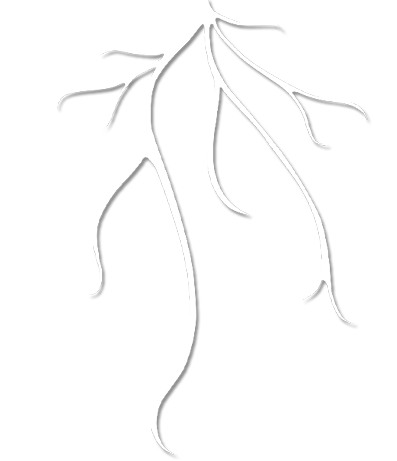REUTS Editor: Eleanor Kirk

 Bio: Eleanor is a Classics student in university a year off finals. Resisting the temptation to mark up books with red pen is sometimes hard, though the craving is often assuaged by entertaining marginalia she finds in library books. Her desert island choices would be a solar-powered MP3 player with the compositions of Thomas Bergersen, a penknife (because they’re always useful), and antibiotics. Over a third of her life was spent in boarding school, and no, it wasn’t that like Hogwarts. (Moving staircases would have been cool.)Tell us how you came to work with REUTS.I was actually thinking about querying a trilogy there (currently still editing it—I never seem to be happy with it) and while in correspondence with Ashley I asked if they offered any kind of internships. She said that regretfully they didn’t because of the way that REUTS was set up, but I was welcome to apply for an editorial position, so I did.
Bio: Eleanor is a Classics student in university a year off finals. Resisting the temptation to mark up books with red pen is sometimes hard, though the craving is often assuaged by entertaining marginalia she finds in library books. Her desert island choices would be a solar-powered MP3 player with the compositions of Thomas Bergersen, a penknife (because they’re always useful), and antibiotics. Over a third of her life was spent in boarding school, and no, it wasn’t that like Hogwarts. (Moving staircases would have been cool.)Tell us how you came to work with REUTS.I was actually thinking about querying a trilogy there (currently still editing it—I never seem to be happy with it) and while in correspondence with Ashley I asked if they offered any kind of internships. She said that regretfully they didn’t because of the way that REUTS was set up, but I was welcome to apply for an editorial position, so I did.
What does your job entail?
A bit of everything, really—catching plot holes, pointing out areas to restructure, ensuring consistency of character, improving sentence flow, making sure there are no grammar mistakes . . . and just generally helping the author to make their story the best it can be.
What do you enjoy most about being an editor?
It’s a different part of the writing process in that you’re working on a story you really love, but without having the struggle of writing it yourself. The particular thing about editing is that it’s like taking a stone or a piece of wood that’s rough around the edges and polishing it until it’s all smooth and shiny.The other thing is that it’s a learning curve. The more you do it, the better you get, and the better you get to know your strengths and weaknesses. It’s particularly interesting for me as I’m from the UK, so usually operate in British English, but at REUTs we work in US English, so that keeps me on my toes. I discovered the other day that “whinging” is not a term that’s used in America (you guys are missing out on a great word there).
What have your experiences been like working with the authors?
Really lovely and really rewarding. I’ve been fortunate that all the authors I’ve so far worked with have been very responsive and receptive to basically having their babies butchered. As somebody who loves writing myself, I know that it’s hard when somebody says to you that your favourite part doesn’t fit right in the scene and that you need to cut it.
What is the hardest part of being an editor?
Tactfully phrasing “this doesn’t work and needs to be cut” in an inoffensive manner, though I suppose trying to work with somebody who adamantly refused to change anything would probably be harder. But I haven’t encountered that. I suppose another thing (that I’ve only vaguely encountered) is editing a story you really like, but where the exact opposite to your viewpoint and ideals are encountered. Remaining objective about that can be quite hard.Each time I go into a project, too, I can’t help feeling nervous, because I’m often younger than the authors I’m editing for and that’s a bit nerve-wracking. I’ve been in environments before where the input of young people has been ignored or overlooked purely on grounds of age, but thankfully that’s never happened to me at REUTs.
And what is the best part?
Seeing the story grow and improve, and building up a rapport with the author.
Last question; If you could bring any book/movie/TV show to life, what would it be and why?I’m a huge fan of fantasy and one of my favourite books as a young teen was Stuart Hill’s The Cry of the Icemark. I was the same age as the heroine, Thirrin Freer Strong-in-the-arm Lindenshield, when I first read it and I connected with her on so many levels. The vampire king and queen are my favourite vampires from teen fiction (particularly the vampire king in the third book of the trilogy) and who wouldn’t want an affectionate giant snow leopard for a best friend? Plus I really enjoyed the way that Thirrin and Oskan’s relationship was never rushed (and, oddly, the thing I liked best about it was how little of it happened on screen, if I can use that phrase of a book).
Published on March 18, 2015 00:05
No comments have been added yet.



